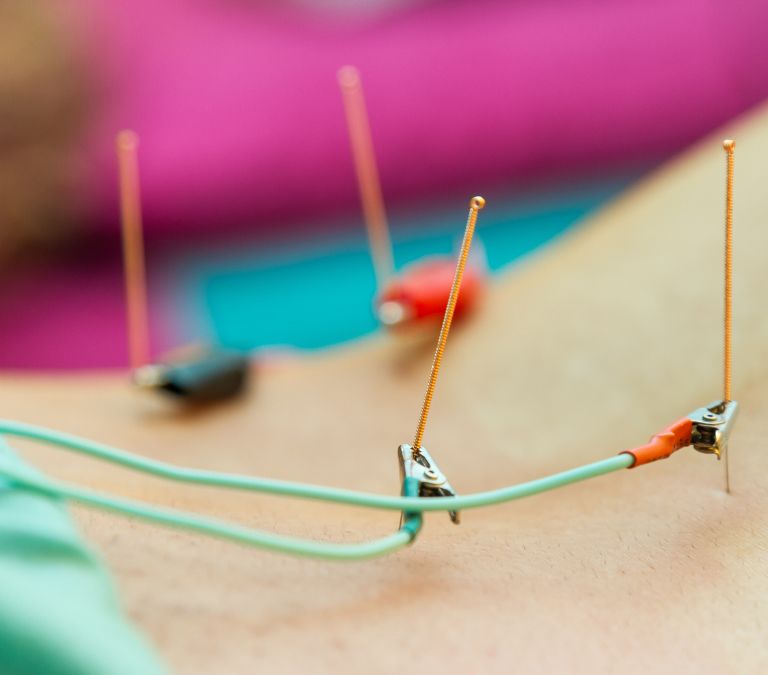I remember watching a sitcom as a child where one of the characters was diagnosed with menopause. And I remember thinking how the symptoms of menopause weren’t a big deal. I can’t believe how wrong I was. I have learned that the symptoms of menopause can be frustrating.
I also learned that menopause implies the cessation of periods and the reproductive cycle. And for some of us, these are very good things. But unfortunately, they didn’t tell us the effects the symptoms of this condition will cause.
Menopause is different for every woman. You could have the mildest symptoms or be entirely crippled by the symptoms you experience. One of the most common menopausal symptoms is hot flashes. You probably get them sometimes; you’d rather not have them every time. They can be debilitating.
My first hot flash shocked me and made me sweat buckets in a fully air-conditioned room! Now, if that’s not embarrassing, I wonder what is? Hot flashes can be embarrassing, but they can also be uncomfortable. The fever and sweat are already too much to deal with, but each session’s suddenness is another cause for worry.
Hot flashes can be a source of great disturbance. They are very unpredictable. They can occur at any time, even when you are asleep. Most people who have hot flashes also complain of night sweats. We know how embarrassing this can be, especially when you are in public. The anxiety can be crippling. It hurts your lifestyle.
Let’s talk about sleeping patterns. It is not unusual to wake up at night because of night sweats. The reduced level of estrogen that is synonymous with menopause has also been known to cause emotional fluctuations and anxiety. If you are dealing with this, your sleeping pattern is most likely all over the place.
Lack of sleep means a grumpy and tired woman who still has to deal with all the symptoms of menopause during the day. It is most likely to affect your lifestyle negatively. Imagine showing up to work all grumpy and tired and a nervous wreck, and when you think it can’t get worse, you experience an episode of hot flashes. That is probably going to ruin the entire workday for you.
Another very common symptom of menopause is urogenital complications, the most common being urogenital atrophy and urinary incontinence. These conditions can be embarrassing and are capable of bringing various aspects of your life to an almost complete standstill.
Let’s take urogenital atrophy, for instance. It usually presents as a thinning and drying of the vaginal wall. Because your vaginal wall has become thin and dry, intercourse will be painful. It will probably put a hitch in your sex life because you have two options: to bear the pain or spend embarrassing minutes explaining why you are in pain to your partner.
I don’t know about you, but I wouldn’t want to go through any options. Urogenital atrophy has also been known to cause other complications, including inflammation and the increased risks of infection.
Then we have urinary incontinence. Have you ever sneezed or laughed hard and felt as if you leaked? Or maybe you were trying to lift a couple of dumbbells when it happened. Urinary incontinence happens to millions of menopausal women and has become a source of constant worry. Again, this condition results from your pelvic walls weakening, which is almost always due to the lower estrogen levels.
This condition might be mild for some people, with just a few drops of urine leaking under intense stress. For others, it could severely cripple their social lives. People with severe cases of this condition have been known to isolate themselves because of the shame it can lead to. It really can cause unprecedented levels of emotional and mental stress. I really would not like for you to pass through this.
So What Can You Do?
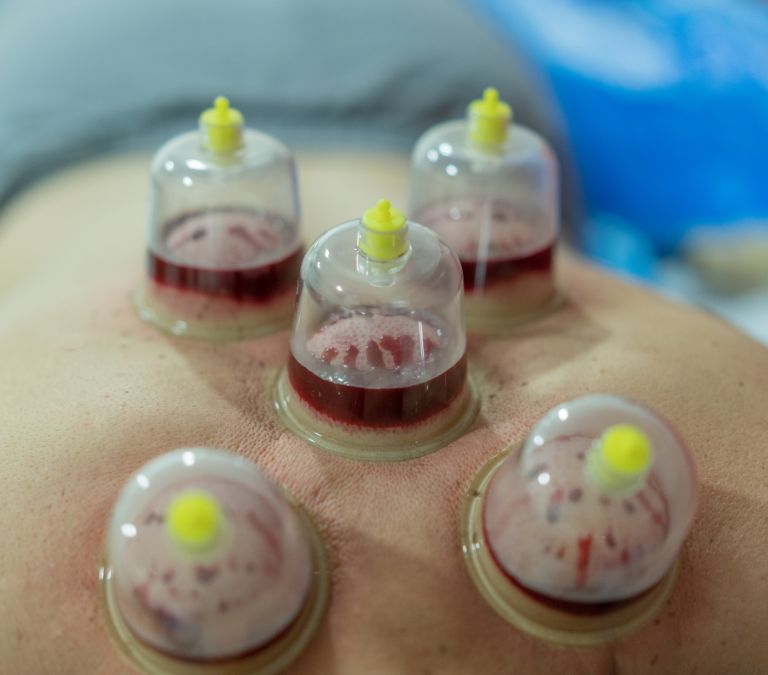
We have established that the effects of these symptoms can be quite problematic. But in most cases, they are unavoidable. Some can be managed with a lifestyle change, while others can’t. Your genetic makeup can also be a factor in how these symptoms present themselves if they do.
Experiencing these symptoms might look like the end of the world, but it isn’t. There are treatments for most of the symptoms of menopause, and you can still live as close to normal life as possible. There are various treatment options available. It would help if you talked to your healthcare provider to determine the best option.
Most likely, they would prescribe that you target the root cause of most of the symptoms, and if you have been paying attention, I am sure you have realized what I am talking about. That’s right! It is due to the drop in estrogen levels. One of the most important markers of menopause is that your ovaries stop producing estrogen. This event causes the ripple of other events that lead to the physiologic presentation of menopause.
So what medical practitioners do in most cases is that they try to increase the amount of estrogen present in your body. And the major way they do this is through hormone replacement therapy.
What is Hormone Replacement Therapy? How Does It Work?
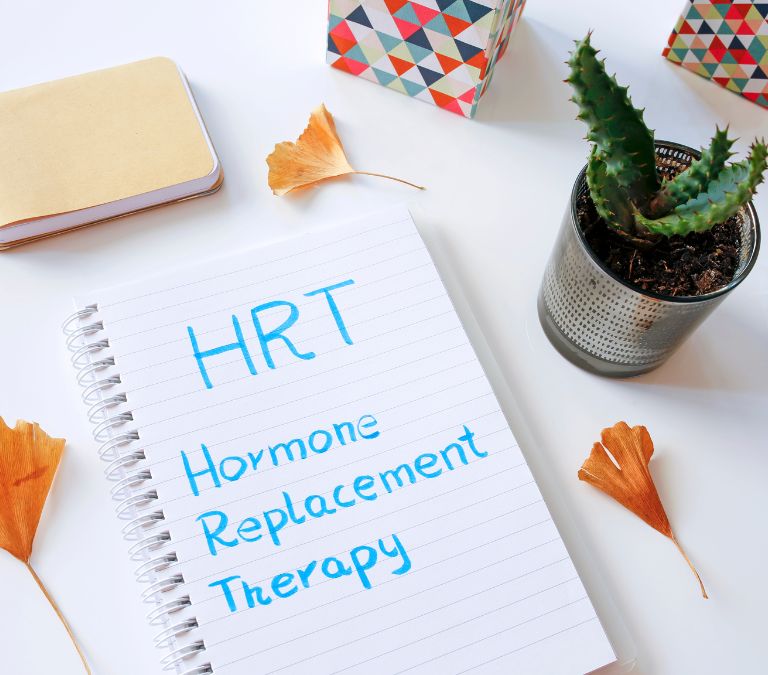
It is what it sounds like. Hormone replacement therapy attempts to replace the hormones that are lost during menopause. When you attain menopause, your body stops producing a certain amount of estrogen. So hormone replacement therapy attempts to maintain the balance before menopause. In doing this, most of the symptoms of menopause are usually reversed.
There are two types of hormone replacement therapy:
Low-Dose Vaginal Products: This would probably be your go-to treatment if you are presenting with localized symptoms in the vagina. It comes in rings, pills, and creams. It offers a quick albeit minimal absorption of the hormone estrogen. You might want to consider low-dose vaginal products if your major concern about menopausal symptoms is urogenital conditions.
Systemic Hormone Therapy: If you had the option, wouldn’t you rather go for a concentrated and all-around treatment. A treatment that targets the entire symptoms of menopause. That is what systemic hormone replacement therapy does. This particular treatment comes in the form of concentrated estrogen absorbed throughout the entire body. Because of this, they are recommended for treating general symptoms of menopause.
While hormone replacement therapy has been the go-to treatment for menopausal symptoms, doctors have expressed worry about the risks of using these as treatment. When exposed to hormone replacement therapy for a long time, there is a risk of heart disease, stroke, and even some forms of cancer.
But wait! This does not mean that hormone replacement therapy is bad. But if you are considering this mode of treatment, you must consider a few things.
Are you starting the treatment early enough? People who started hormone therapy after turning 60 or 10 years after menopause risk suffering from those conditions I mentioned earlier. If you are opting for this treatment, you should start early enough. You should also consider the type of hormone therapy and your family history. In my family, we have a history of breast cancer, so I am at a higher risk of suffering from this condition and should avoid any therapy that might induce it, including hormone replacement therapy.
For people like me, it would be better to seek alternative means of treatment for the symptoms of menopause, and we will talk about one such treatment later on. But before then, let’s take a deeper look at hormone replacement therapy. If hormone replacement therapy isn’t exactly safe for every woman to use, who should consider it, and how do they mitigate the risks involved.
For one, you must be healthy with a family health history that is not prone to those conditions. If you tick all these boxes, taking hormone replacement therapy might benefit you. So if you are having moderate to severe symptoms of menopause and you are early enough, you might find that much-needed relief with hormone replacement therapy.
However, you should talk to your healthcare provider so that they can create a treatment plan that is made just for you. You should evaluate this plan from time to time to ensure it is still the best port of call for your health.
Also, ensure you make healthy lifestyle choices during and after the medication. I mean, this should be a no-brainer. To stay healthy, you should consider making healthier life choices.
What Happens When Hormone Replacement Therapy Isn’t An Option?
It is very much possible that a person would not want hormone replacement therapy. It is a reality. There is always that chance that the risks involved in using hormone replacement therapy to combat menopausal symptoms might surpass the benefits you may get. It would probably be better if you looked for other forms of treatment in this case.
If the symptoms you are experiencing are mild, it would be better to try and manage them by making healthy lifestyle changes. For example, I was reading a study somewhere that a change in diet and a moderately intense exercise routine have helped many menopausal women manage their symptoms. While this might not look like a big deal, the stuff you eat makes a lot of difference in the physiologic workings of your body.
There is also the option of non-hormonal treatments. It can help to alleviate your symptoms, especially if they are mild. It is especially the case for hot flashes and vaginal issues.
If, after all these, you still find yourself struggling with the signs of menopause, then you might consider alternative medicine. Now hold your horses! I know all manners of red flags just went off in your head. Still, you must admit that modern medicine does not have all the answers. Sometimes, you can find the help you are looking for in alternative or traditional medicine.
While studying these forms of alternative medicine and looking for the best forms of treatment for menopausal women, I stumbled upon acupuncture. There is an entire field of research on how acupuncture can be and is being used to alleviate menopausal symptoms.
Is Acupuncture an Option?
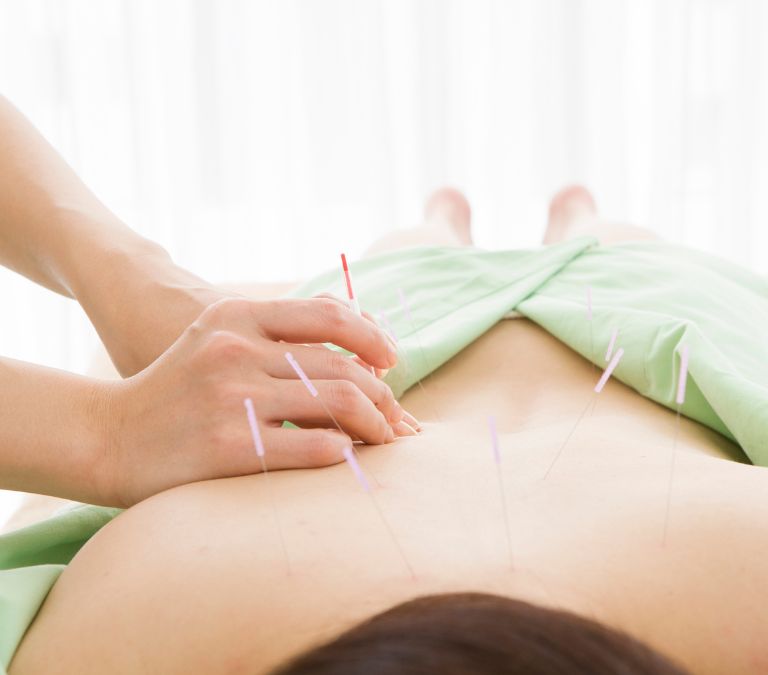
I was reading a recent study, and in that study, acupuncture was used to manage menopausal symptoms in the participants. After five weeks of acupuncture, the participants noticed a reduction in the intensity and frequency of their hot flashes and night sweats.
If you have intense hot flashes, I am sure you heaved a sigh of relief. They also noticed reduced mood swings and even admitted to sleeping better.
We cannot rule out the placebo effects of such treatment, but research has shown that this is beyond placebo. Acupuncture, when done properly, affects the way your brain responds. It also affects your connective tissues. These neurological effects combat the symptoms of menopause which is why more and more people are now considering using Acupuncture for menopause.
What Exactly is Acupuncture?
The first time I watched an acupuncturist at work, I was disturbed because it involved sticking tons of very thin needles through someone’s skin. I realized that the process is relatively pain-free if the acupuncturist is good.
Acupuncture is an attempt to achieve healing through balancing energy. An acupuncturist will achieve this by inserting various thin needles through your skin at varying depths.
How I can Use Acupuncture For Menopause
I mentioned earlier that using acupuncture for menopause has brought relief to many menopausal women. And because you might still think it is some voodoo magic, let us look at the science behind how these symptoms can be reduced using acupuncture.
- Hot Flashes
Acupuncture is a traditional Chinese medical practice. Like all the other forms of traditional Chinese medicine, it is based on the yin and yang philosophy, which states that everything is made up of opposing forces. Therefore, the body is healthy when such forces are in harmony.
When you suffer from hot flashes, acupuncturists first examine your kidneys’ yin and yang relationship and how they can support them. According to acupuncturists, one of our mistakes is that we do not properly nourish our kidneys. And this throws the forces off balance.
So while acupuncture can help with the hormonal imbalances that cause your body to heat up, you are encouraged to follow a nutritious diet and stay hydrated in addition to receiving acupuncture.
Your acupuncturist should assist you in identifying foods in your diet, such as soy, that could be contributing to hormonal swings in your body during your treatment.
- Mood Swings And Anxiety
When our hormones are out of balance, it’s easy to feel irritable or if our minds aren’t functioning on all cylinders.
In a 2013 study, researchers discovered that acupuncture could modify neurotransmitters in the brain to relieve anxiety and uneasiness while also increasing overall mood.
Acupuncture will provide you with the calm and tranquility you have been looking for since your menopausal symptoms. Your muscles will relax, and your mind will slow down during each session.
People have described it as feeling like you had just awoken from a long slumber. Yet, at the end of each session, you are sure to feel calm, rejuvenated, and slightly bewildered.
- Pain
Pain is one of the traditional uses of this practice. Pain is something that becomes more common to us as we near menopause. And using acupuncture pins on pressure points has been known to help alleviate pain. These needles will cause your central nervous system to release substances that naturally reduce pain sensation.
- Insomnia
Since acupuncture helps alleviate heat flashes, it should not surprise you that it reduces insomnia. In the fight against sleeplessness, the three yin junction, a pressure point right above the inner ankle, plays a significant function. Aside from getting needle treatment at this location, soaking your feet at home will help you sleep better.
Small changes can make a significant difference; soaking our feet in heated water with Epsom salt up to the three-yin junction is a simple way to help with insomnia. When you rest your Achilles tendon, your neck and cervical spine relax. In addition, it has been proven that doing it before bed improves your sleep quality.
- Urogenital Atrophy
Hormonal abnormalities during menopause can limit the vagina’s natural fluid production, causing it to atrophy and cause dryness and soreness during intercourse.
Acupuncture needles inserted into pressure sites can occasionally trigger the release of neurochemicals that can help balance things out. When this treatment is completed, it restores balance in your body.
Hormonal imbalances are shifted by changing those tendencies. For example, suppose you have dry vaginal tissue due to menopause. In that case, you will find that you will have more fluid in your urogenital region following this treatment, and sex will be less uncomfortable.
- Tiredness
Tiredness is a common symptom of menopause. While it might not seem like a big deal, constant tiredness puts the most determined woman at a disadvantage. Acupuncture can help your body enhance blood flow and reduce blood pressure. It will reduce fatigue-inducing stress on your muscles like the heart.
In 2017, acupuncture was reported to be useful in lowering cancer-related exhaustion. In the same year, acupuncture was effective in treating chronic fatigue syndrome.
- Memory Issues
You might have discovered during your menopausal phase that you are having issues focusing. Estrogen influences brain function by encouraging neuronal growth and survival. It also supports prefrontal cortex cognitive performance. Therefore, it should not surprise you that your brain feels the effects of estrogen deficiency during menopause. Studies have shown that acupuncture positively affects the brain’s functioning.
How to Find a Reliable Acupuncturist
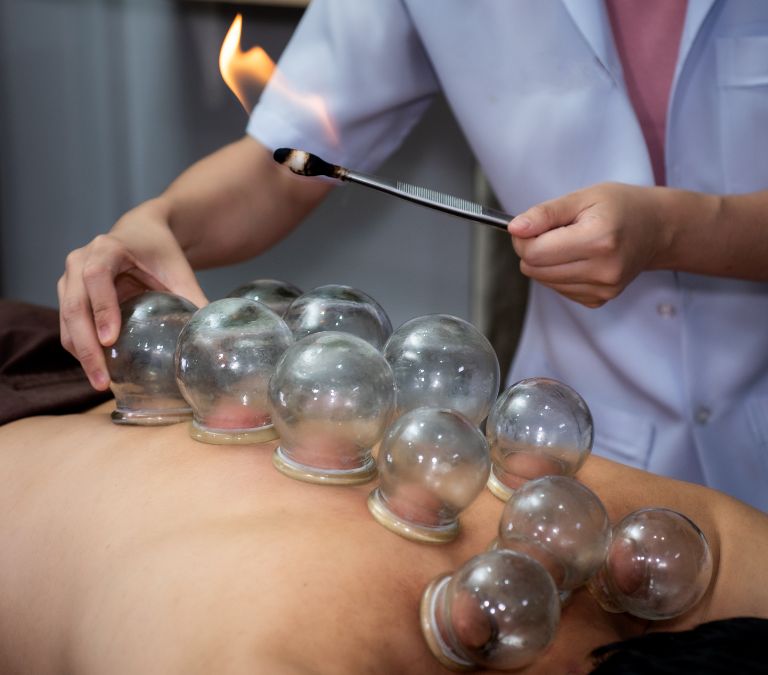
Finding the perfect acupuncturist for you can be a bit of a hassle. But, like the field of medicine, quacks exist, and stumbling into one might worsen your situation. Make sure that any acupuncturist you decide to work with is properly licensed and has certifications from the National Certification Commission for Acupuncture and Oriental Medicine.
Your search doesn’t end there, even after finding someone who meets these criteria. First, you must make sure that you are comfortable around your acupuncturist. Before anything else:
- Please make sure they are proficient at treating menopausal symptoms. Confirm if they have successfully treated symptoms similar to what you have to bear. If you do not feel you can trust the acupuncturist completely, you should probably reconsider working with them.
- Take time to build a relationship with your acupuncturist, which is key to a positive relationship.
- Build a rapport and work towards creating tailored sessions for you. That way, you are getting treatment made to work just for you.
Acupuncture won’t magically wipe out all your menopausal symptoms; it is not magic. But it has provided a way for women who do not have or do not want to consider the option of hormone replacement therapy to tackle menopausal symptoms. And if you are one of these women, you definitely will not be in the wrong by checking it out.

